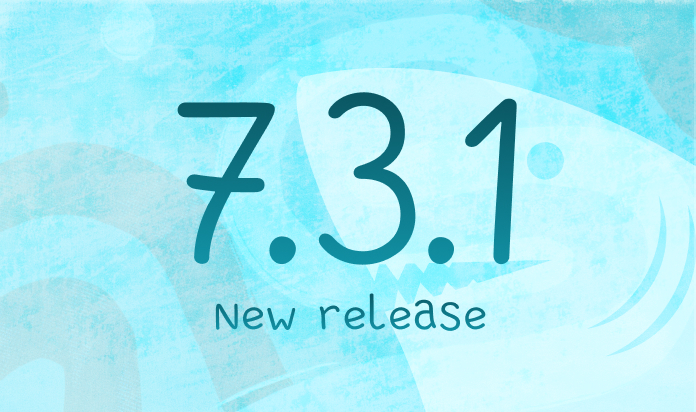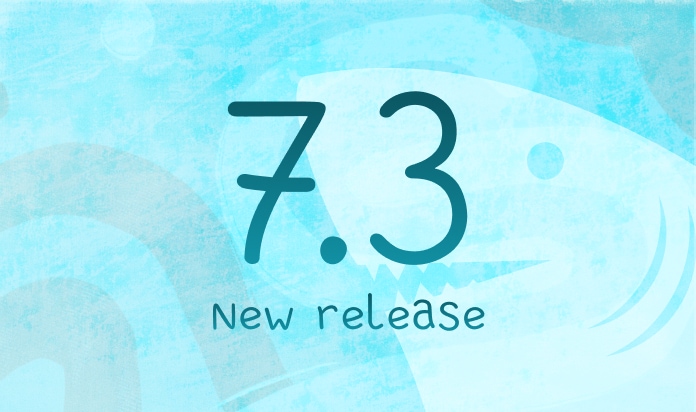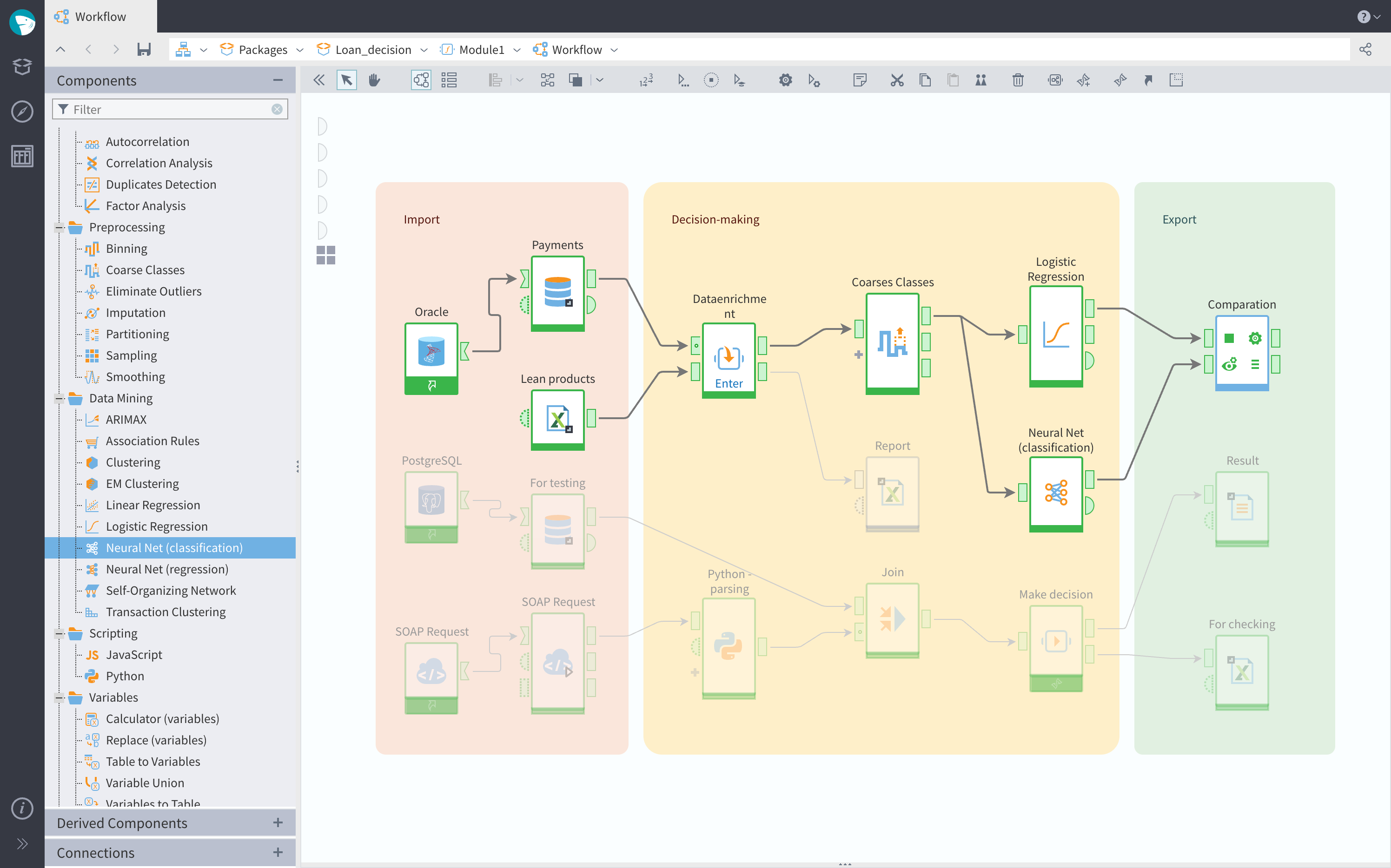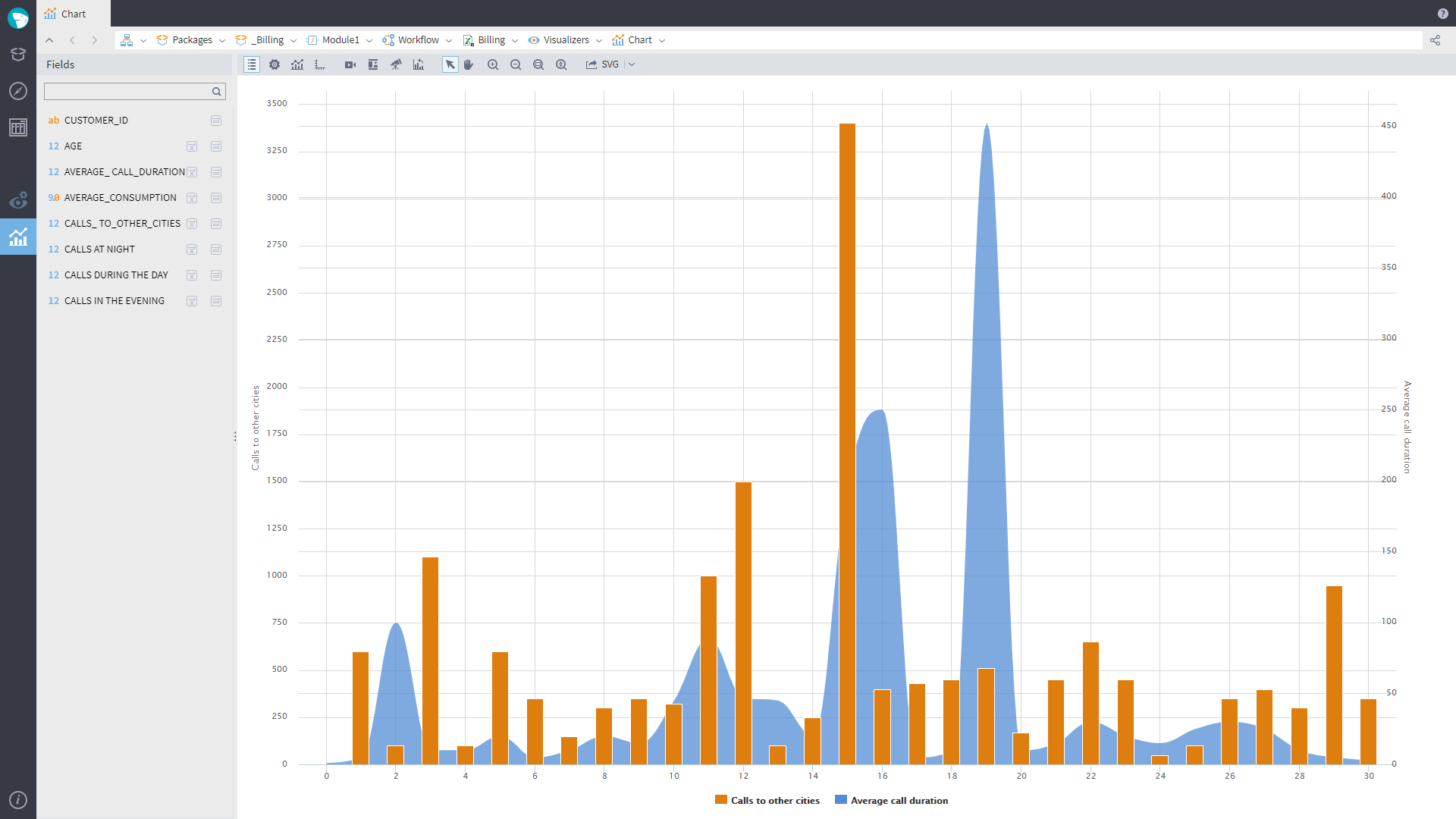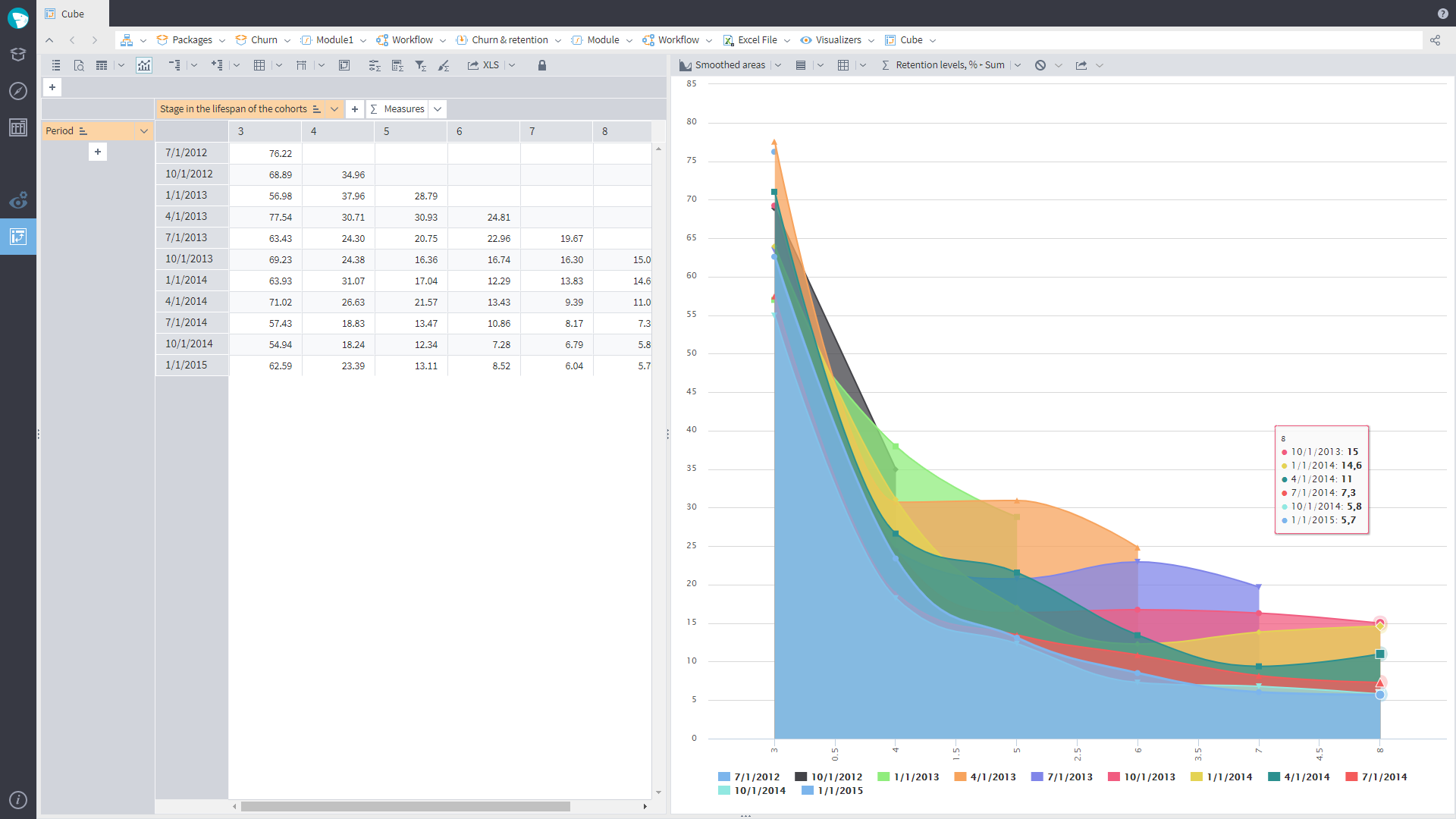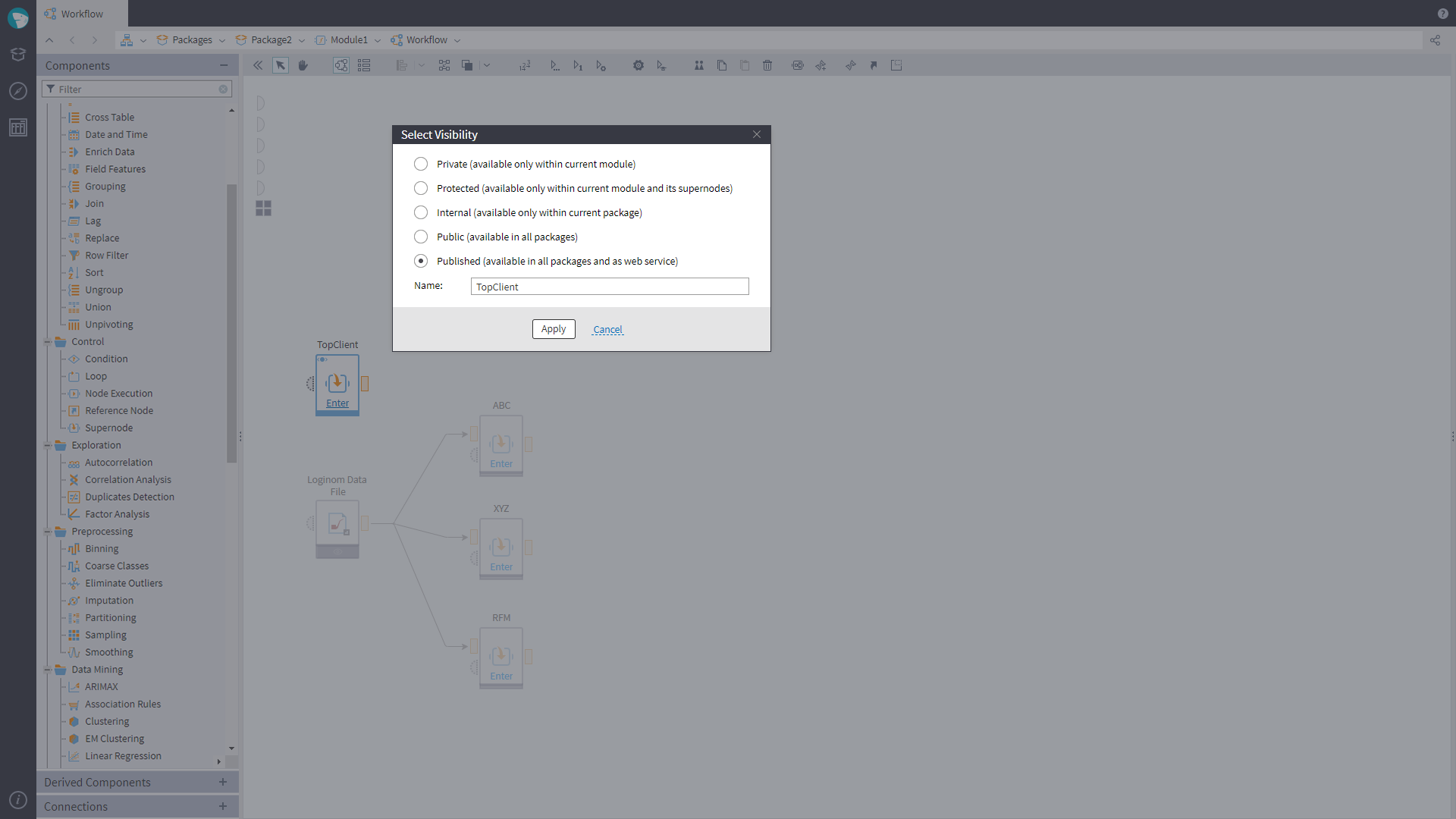Megaladata Community Edition — Analytics Available to Everyone


Free, Unlimited Platform for Advanced Data Analysis
The amount of data being accumulated is continuously increasing. According to various estimates, by 2025 the amount of data in the world will grow more than five times. Meanwhile, the data analysis tools used in many companies can no longer cope with the growing flows of information.
According to TechValidate's research, 43% of respondents believe their solution is running out of capacity, and 65% of respondents complain that requests are processed too slowly or cause outages.
In this rapidly changing environment, companies face important questions:
- How to engage in analysis if Excel can't handle it?
- How to train Data Science specialists?
- How to choose the right software tool?
- How to prove the suitability of data and the viability of insights?
Let's see how Megaladata's analytics platform can help with all these questions.
Data Science Without Code: What Is It like?
Enterprises need programmers, but there is a shortage of specialists on the market, and the situation is only getting worse with time. In response to this challenge, the concept of low code was formed. The key advantages of the low-code approach are:
- Minimum code when creating complex processes
- Saving from 40% to 90% of time compared to classical development
- A significantly lower entry threshold for specialists
Megaladata's low-code platform makes advanced analytics available to business users. The visual designer allows you to customize all analysis processes — integration, data preparation, modeling, and visualization. Megaladata reduces the time from hypothesis testing to a fully functioning business process.
Moving Towards Data Analytics
Most companies have already learned how to collect and store huge amounts of information, but few are able to extract truly valuable knowledge from it.
Machine learning algorithms are based primarily on math and statistics. A user should be familiar with at least the basic concepts of data analysis, probability theory, and databases. In addition, the analyst must understand which methods are suitable for solving a particular problem and which are not. And, of course, be able to use them.
Try It Yourself
Numerous tools exist for tackling business challenges through Big Data analysis. These tools vary in their ability to process, model, and visualize data. To accurately assess a tool's suitability for specific business objectives, hands-on testing with real-world data is essential. Relying solely on marketing claims can be misleading.
Megaladata provides a free non-commercial version for anyone interested in exploring the platform. This allows you to compare its quality, speed, and user interface with other tools before making a decision.
Download Megaladata Community Edition
Rapid Hypothesis Testing
According to the analytical agency IDC, low-code platforms will soon be used to create 50% of all new solutions, as they allow reduced time for prototyping, development, testing, and deployment.
Megaladata’s functionality is a perfect fit for projects that use Agile methodology. The platform allows you to quickly get a working prototype and form a vision of the future business process. One of the basic Agile principles — "Simplicity—the art of maximizing the amount of work not done—is essential" — applies well to projects related to data analysis. Long before building models, it is important to assess the quality of available data. Often it turns out that the data is unsuitable for analysis.
The platform provides an opportunity to test hypotheses and ideas using visual design tools, with no need to dig into detailed technical specifications. Such prototypes can serve as the basis for future projects, reducing the time and cost of implementing most viable solutions.
Further Options
If the desktop version of Megaladata Community Edition doesn't meet your requirements, consider the server edition. It provides advanced features like collaboration tools, batch data processing, integration with third-party services, and custom web service creation.
Free 3-months Megaladata Server TrialRequest a presentation
We will help you find the best Megaladata edition for your needs. Just write to us.
See also
